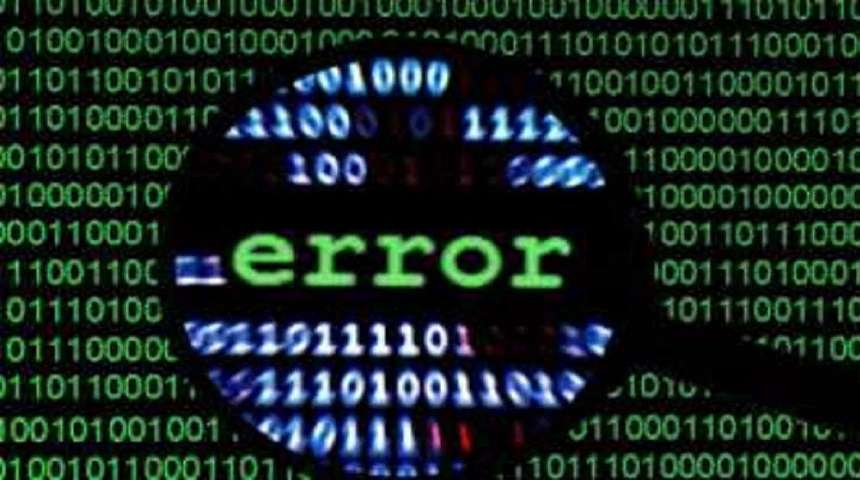Anybody concerned in computer programming, even (maybe particularly) newcomers are going to come across errors and bugs of assorted varieties that pressure them to seek out that offender little bit of code and make the required changes.
It may be bewildering and disturbing when an unexplained error crops up and stops you in your tracks. However being conscious of the essential forms of errors that may happen will not less than provide you with a “preventing likelihood.”
Listed here are the three principal courses of pc coding errors you’re prone to run into:
Listed here are the three principal courses of pc coding errors you’re prone to run into:
1. Logical Errors
We will divide our errors into three classes: logical, syntax, and semantic. However bear in mind that these identical classes will be both static (compile-time) or dynamic (run-time).
Logical errors are the hardest of all error types to detect. They don’t trigger this system to crash or just not work in any respect, they trigger it to “misbehave” indirectly, rendering improper output of some sort. One example of a logic error is null reference. Null reference errors are responsible for a huge chunk of application bugs, and they are usually very simple mistakes involving missing or wrong “computer logic.” It might be a property/subject is null, a situation has prevented an object from being created, or a neighborhood variable subject is said however not initialized.
Logical errors “make sense” as to the computer language itself, but they simply don’t fit into the program correctly.
2. Syntax Errors
Syntax errors whey you programming differ from logical errors in that they don’t comply with an accurate sequence within the programming language.
With compiled languages, you will run into any syntax errors at compile time, and they will have to be corrected before the program can run. For interpreted languages, a syntax error would pop up throughout run time, and the messadge of error won’t even specify it’s a syntax downside. However, in both cases, the compiler/interpreter will give you the location of the syntax error, which makes it rather easy to find/fix.
In general, syntax errors are smaller, even single-digit, errors; while logic errors can involve larger sections of code and the general flow of the code. Examples of syntax errors could be: lacking semicolons at a line’s finish and an additional/lacking bracket at finish of a operate.
3. Semantic Errors
Semantic errors are improper uses of “program statements.” Though different definitions of semantic error exist, we are saying here that logic errors produce wrong data while semantic errors produce nothing meaningful at all.
Thus, to sum up the variations between these three classes of errors, we are able to say:
- Semantic errors must do with which means/context. It’s like utilizing the improper phrase within the improper place in a human language sentence. A pc language instance could be complicated a metric with an imperial enter worth.
- Syntax errors are like “spelling and grammar” issues. They typically stem from typos the place parentheses or single characters are enter incorrectly.
- Logic errors must due with program circulation. Should you get a improper operation or a misordered operation, it’s in all probability a logical error. Use of a improper conditional operator or null reference errors are good examples.
TechnologyHQ is a platform about business insights, tech, 4IR, digital transformation, AI, Blockchain, Cybersecurity, and social media for businesses.
We manage social media groups with more than 200,000 members with almost 100% engagement.








































